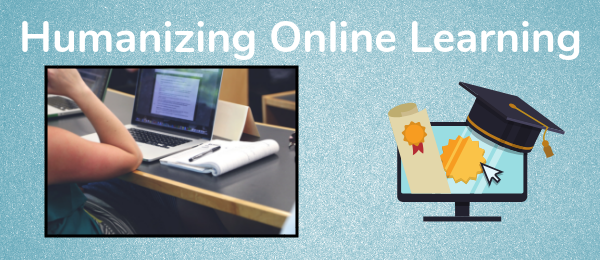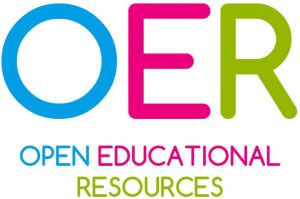The main concern of creating Flexible Learning for Open Education (FLOE) is to allow learners to study a subject base on their own preferences hobbies and personalize how each learner can learn and solve the barriers by providing resources. Due to the diversity of learners now, educators must fit into the different types of them to achieve the best performance. Personally, I found that inclusive learning very useful and efficient because of three important reasons.

First, it recognizes each learner individually, shows respect to all types of learners and designs for human uniqueness and variability. In simple words, it meets the needs and preferences of different learners. The fact that not all people are the same, the traditional way of teaching may not be the best for some unique learners. As technology develops, we have many alternative choices to present materials like using visual media, sound effects instead of a textbook. As for learners who have an issue to attend to class in person, or prefer to stay home, FLOE can provide online tutorials, and encourage people to finish assignments through the web. It is cheaper, efficient and shows respect to every single learner.

Second, it applies modern technology to education. Most people recognize education is face-to-face communication. It must be taught by a professional instructor, and learners must attend class in person at a designed time and finish all the assignments by paper. However, as the development of the internet, social media, and mobile devices, education is getting way more flexible. For example, I can totally complete an online course in UVIC and get full credit when I am in China, by watching and reading material online, submit all assignments and exams through the webpage. The technology eliminates the time zone, physical position, and creates a more flexible schedule. Also, it is cheap and easy to access, learners don’t have to spend a couple hundred dollars on purchasing textbooks, notebooks, and all other tools. Everything can be accessed online at a cheaper price, and environment friendly.

Third, it catches more attention, which simply means it is more fun than traditional education. FLOE encourages more interaction between people and an attractive way of teaching. In the handbook, it shows that games can actually provide useful ideas and help learners to understand the materials better. Instead of cramming, FLOE creates a great experience that makes learners are more attracted to study it. It is way more efficient and less painful than how most people teach and learn now.
Although FLOE and inclusive learning seem to be the greatest way so far, there are still few ideas I cannot agree with or have difficulty to understand, here are two:
“If you are unique (and aren’t we all), numbers are not our friends”, this statement is from the handbook. Personally, I disagree with it, I understand this sentence as how important the numbers are to human, and your words can only be valued when you have more like, or the number of views. Otherwise, your words won’t count, and your effort won’t value. Numbers are important for sure, but it cannot be the most important standard. It should be more like an index for creators to encourage themselves to be better.
I have difficulty in understanding inclusive EPUB 3 and HTML5. It seems to be some professional computer science materials, quite complicated. The webpage contains lots of academic terms and it really confused me.
The one question I have for FLOE is since it encourages learning through gaming. Is there a scale? Because I know when the game is too fun or too over the topic, learners will focus on the game itself more than learning. What is a good standard to maximize performance through gaming?
Reference
Inclusive Learning Design Handbook:
https://via.hypothes.is/https:/handbook.floeproject.org/
Pictures:
https://www.thoughtco.com/respecting-students-is-essential-for-boosting-effectiveness-3194682
https://erasmuscoursescroatia.com/2019/10/24/language-learning
https://www.simplilearn.com/why-e-learning-article



